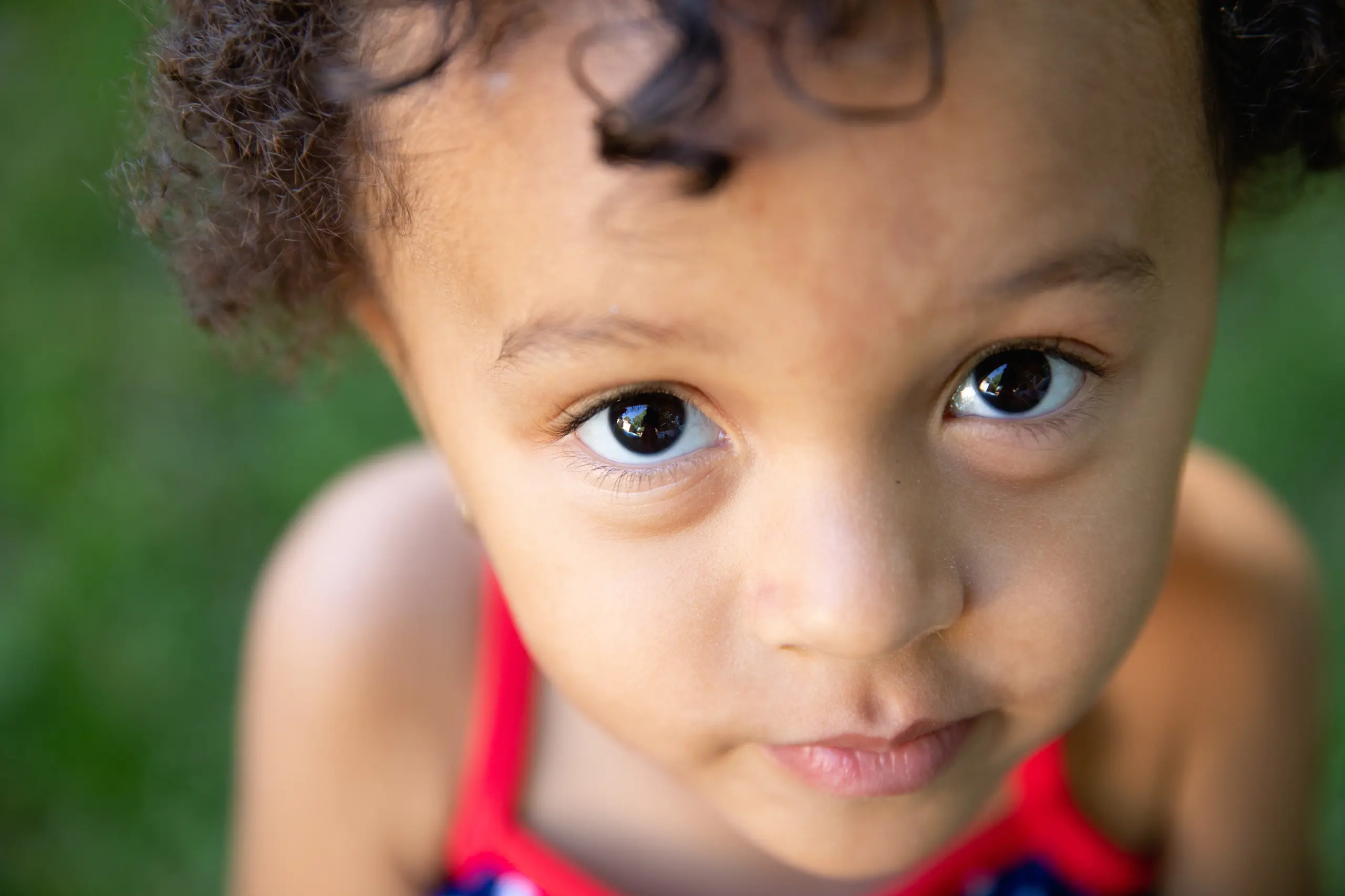When we see the world through a child’s eyes...
... we see the need for care, fresh air, safe homes, clean water, a good education, opportunities to play, and nutritious food to eat, all the more clearly.
That’s why I’m writing to you today.
Here’s a question for you. What if the wellbeing of our youngest children was a driving force in everything, from the way we design doctors’ appointments and education to how we tackle the climate crisis?
 Anne-Birgitte Albrectsen
Anne-Birgitte Albrectsen... we see the need for care, fresh air, safe homes, clean water, a good education, opportunities to play, and nutritious food to eat, all the more clearly.
That’s why I’m writing to you today.
And we could be giving you - or an organisation you care about - a share of a development grant worth 900 million DKK (approximately USD 140 million). We’re looking for detailed ideas, plans and initiatives that transform the lives of young children, their families, and their communities. Ideas that we can put in place straight away to give children under six the help they so desperately need to thrive.
Very young brains form more than a million neural connections a second. That’s an extraordinary pace they’ll never repeat again.
Every experience: from the bond children form with parents and caregivers, to the food they eat or the way they learn and play builds children’s brains and immune and metabolic systems. In turn, it shapes the lives they’ll grow up to live.
There’s a finite window to give children the best start. And passed the age of six, it rapidly closes. Yet children under six are often forgotten in national plans, in spite of the knock-on effect this has on a country’s health and wealth.
And many children face several barriers at once, and for prolonged periods of time –threatening their development for the rest of their lives.
All children, from all backgrounds, wherever they are in the world have the right to play. Play is how children learn best, hone skills and explore the world around them. It’s how they collaborate with others, and how they learn to think about other people’s feelings too.
When you apply for our development grant, your ideas should support young children and their families first and foremost. But the chances are – if you’re helping children develop healthily and build strong relationships, you’ll get there faster if you give children room to play.
Together with Lever for Change, we have just launched a 900 million DKK challenge (approx. 143 USD) to fund bold ideas that will help build a world where every child has the chance to learn and play. We’re looking for your ideas to give children the brightest start.
Dive into our latest news, research, blogs and project stories
MoreLet's Play

